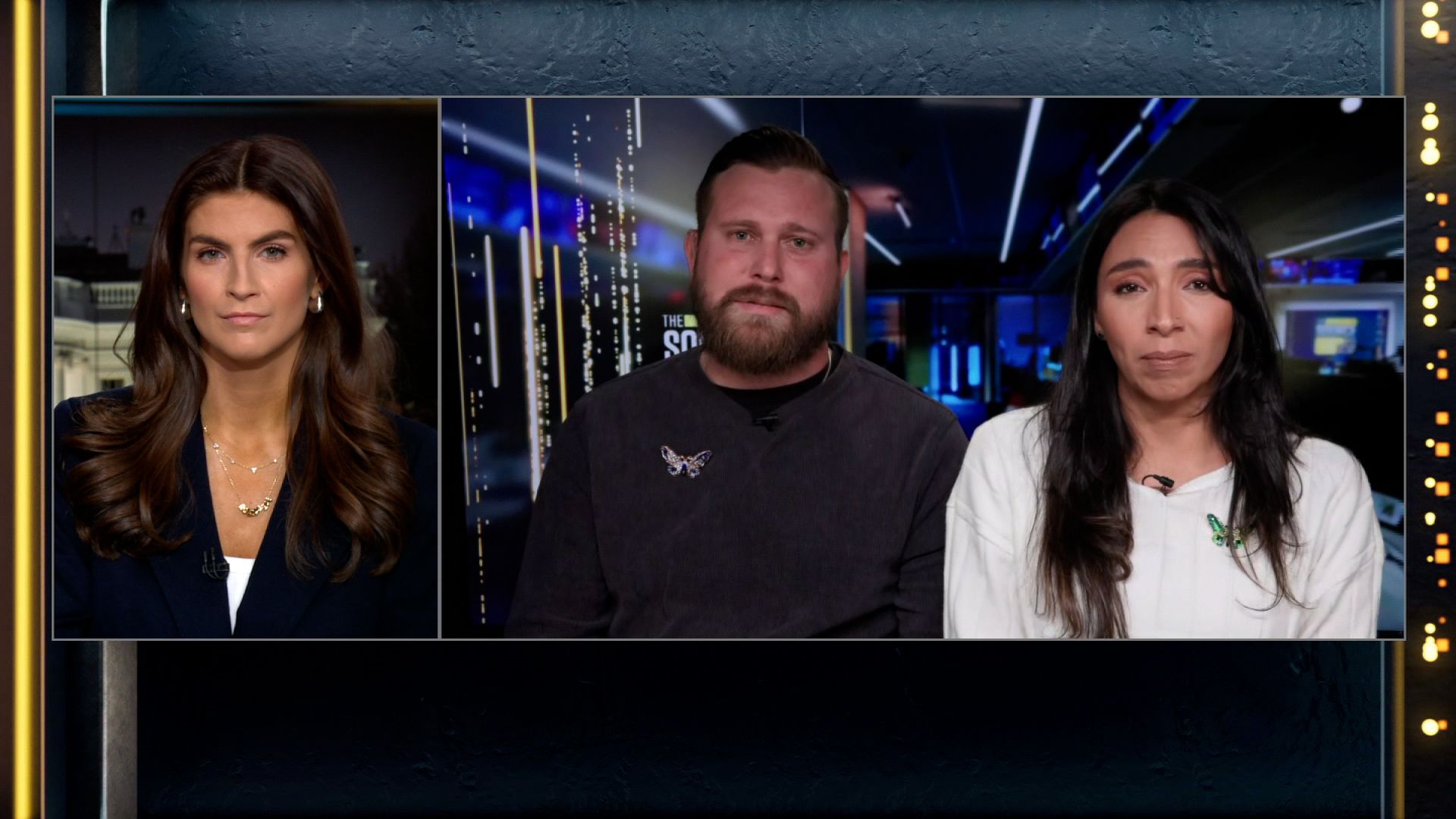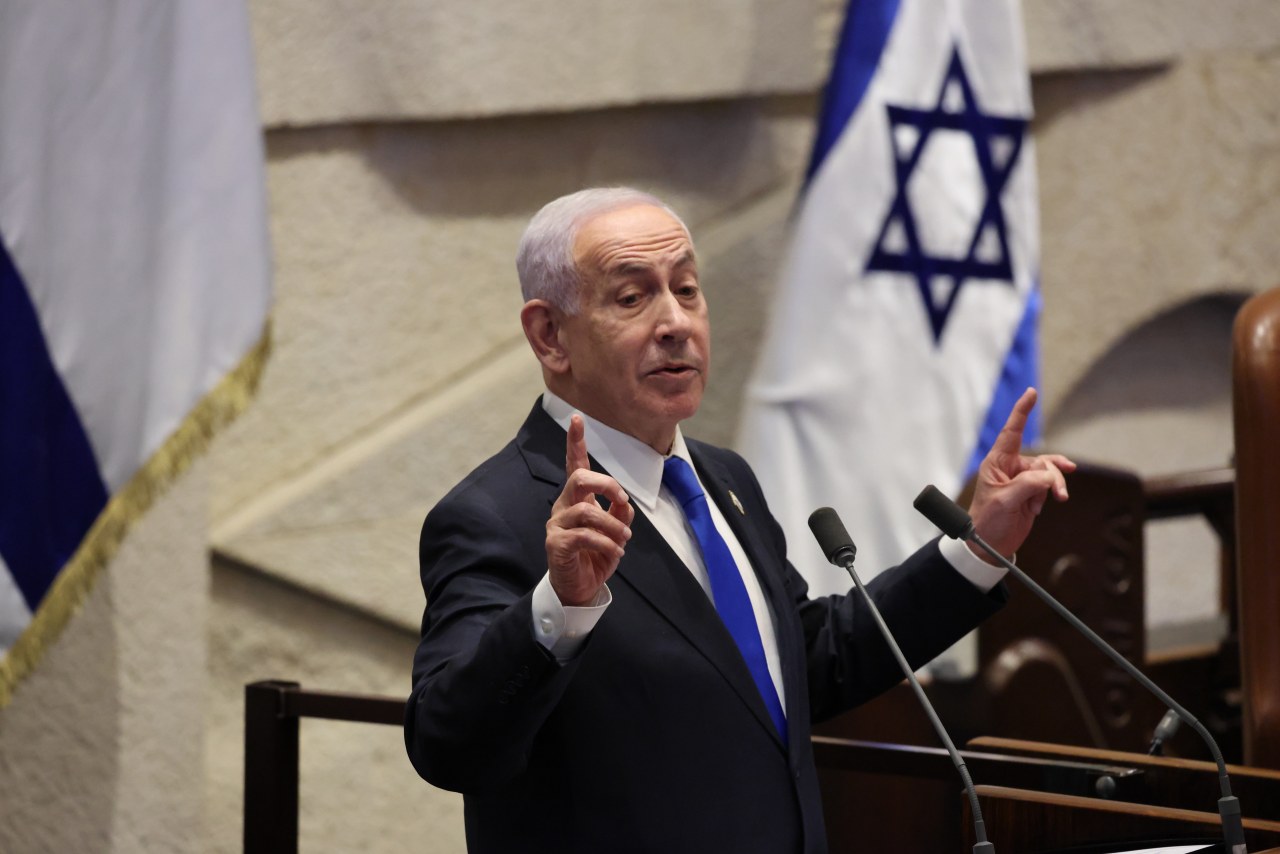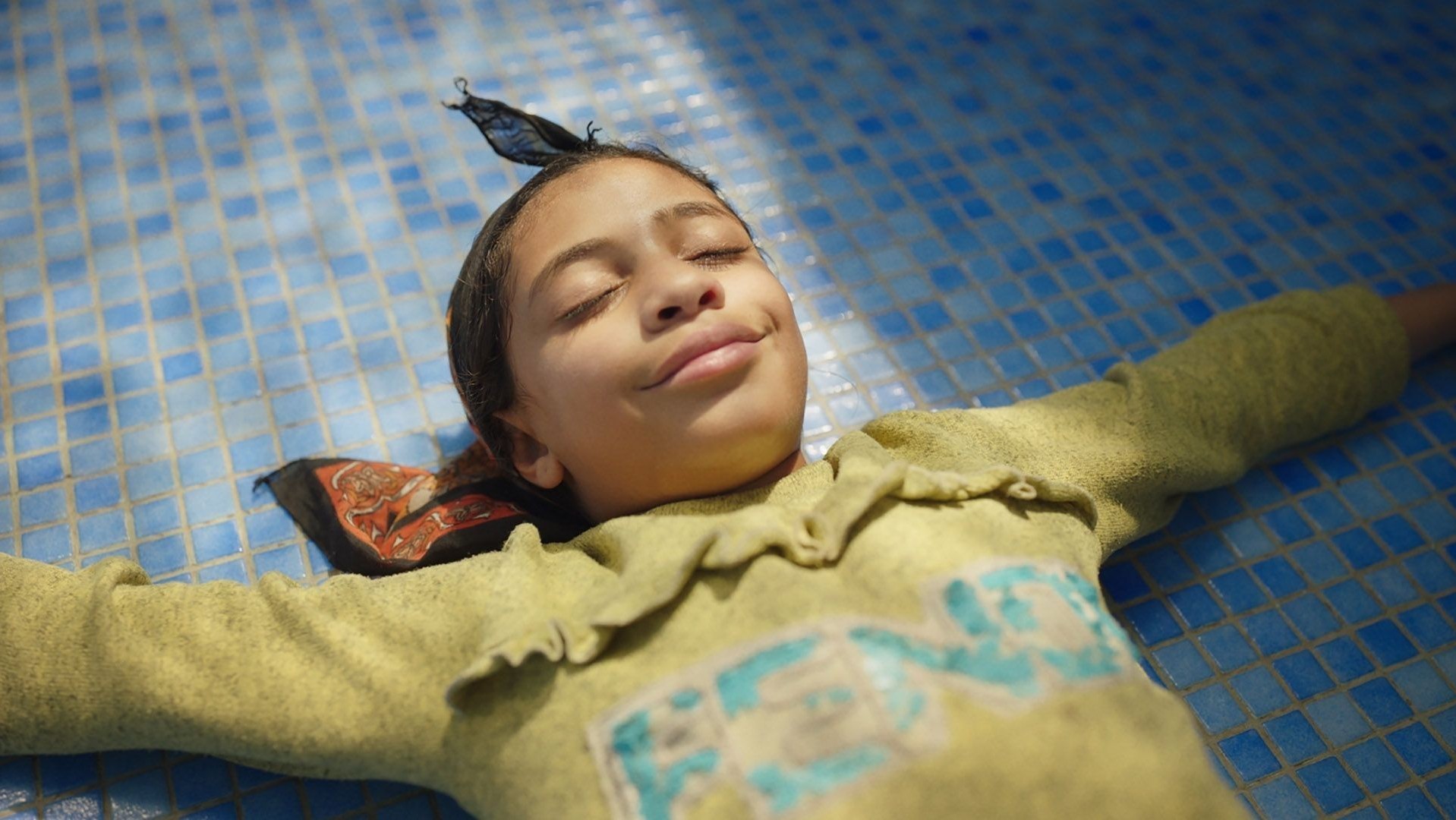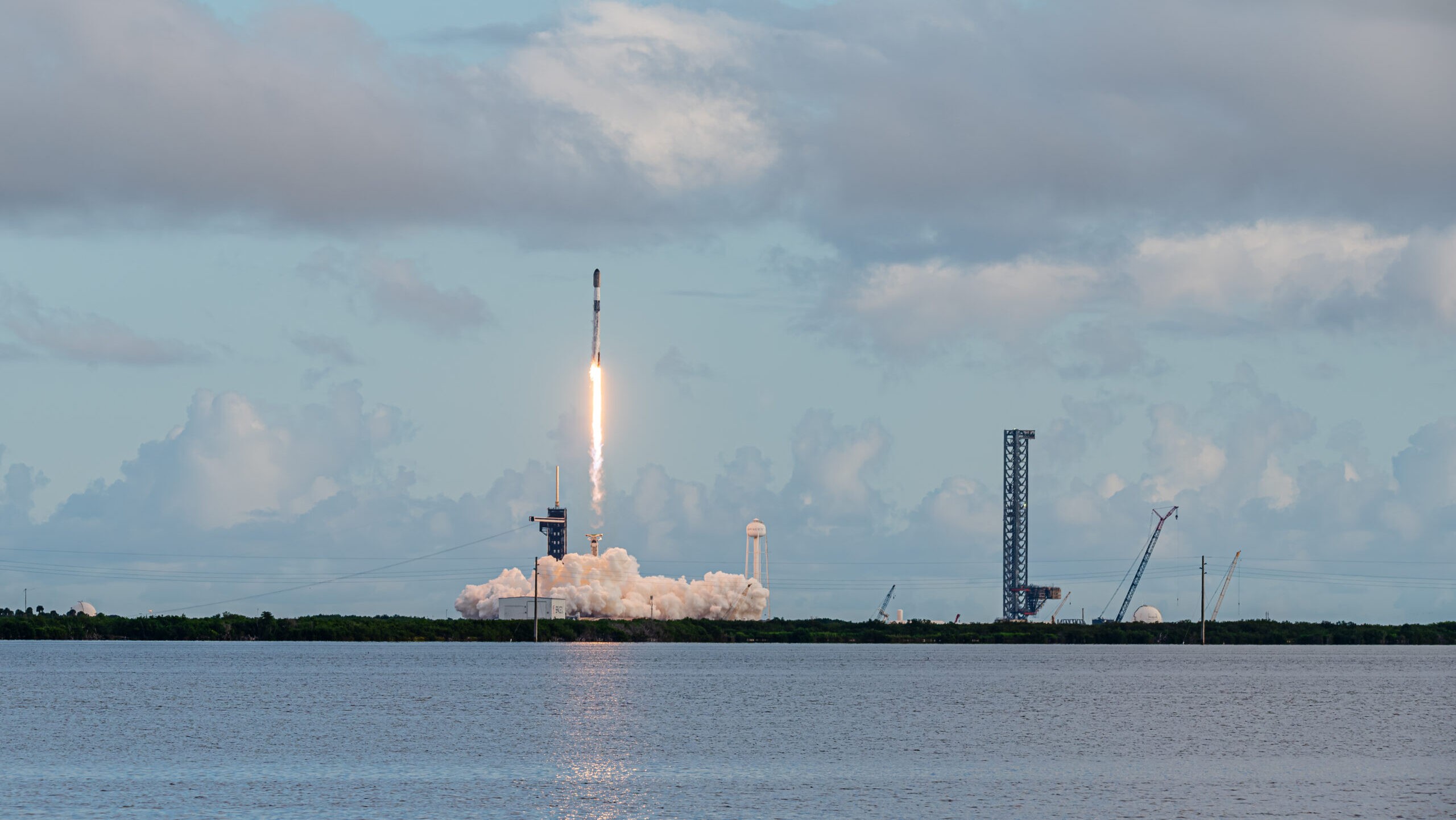Andrew Mountbatten Windsor, formerly known as Prince Andrew, has lost his royal titles and honors following a formal announcement from Buckingham Palace. On Thursday evening, King Charles III initiated the process to strip his brother of his titles, marking a significant fall from grace attributed to Andrew’s connections with convicted sex offender Jeffrey Epstein. By Friday morning, his name had been removed from the official peerage, a crucial step in the formal elimination of his titles.
The palace’s decision aims to draw a line under a scandal that has persisted for years. Yet, uncertainty surrounds Andrew’s future living arrangements, financial situation, and the public’s reaction to his banishment. As of now, Andrew is expected to reside temporarily at Royal Lodge, a 30-room mansion in Windsor Great Park, which he has called home since 2003. Buckingham Palace has served him formal notice to surrender his lease, which was originally set to expire in 2078. He will be required to move to alternative private accommodation at the soonest opportunity.
Speculation suggests he may relocate to a property on the King’s private estate in Sandringham, Norfolk. This vast estate, which includes around 150 residences, is where the royal family traditionally gathers for Christmas. Prior to the announcement, Andrew had already been informed he would not be welcome at Sandringham for the upcoming holiday season.
Regarding his financial circumstances, it remains unclear how much income Andrew will continue to receive. Reports indicate he was previously granted an annual allowance of approximately £1 million (about $1.3 million) from the late Queen Elizabeth II after stepping back from public duties. While it is believed that King Charles has ceased these payments, sources indicate he will still receive some form of income from the King, despite the loss of his titles.
Although Andrew has lost his royal status, he remains eighth in line to the British throne. Formal removal from the line of succession would require legislative action and the consent of Commonwealth nations, a process that could take considerable time. The last instance of this nature occurred in 1936 following the abdication of Edward VIII.
The implications of Andrew’s situation extend to his family as well. He and his ex-wife, Sarah Ferguson, divorced in 1996 but have shared residence at Royal Lodge since 2008. Following the recent changes, Ferguson has reverted to her maiden name and will be making independent living arrangements. Their daughters, Princess Beatrice and Princess Eugenie, will retain their titles but are not expected to be affected by their father’s situation.
Calls for accountability continue, with the Liberal Democrats urging Andrew to testify before a parliamentary committee regarding his finances and any rent associated with Royal Lodge. Despite public pressure, Prime Minister Keir Starmer’s government has resisted calls to allow parliamentary scrutiny of Andrew’s finances. Notably, Geoffrey Clifton-Brown, a Conservative lawmaker and chair of the Public Accounts Committee, has sought more information regarding Andrew’s lease arrangements, emphasizing the need for transparency.
Potential legal challenges loom over Andrew as well. The activist group Republic has announced intentions to pursue a private prosecution against him, citing allegations of sexual offenses and misconduct. This initiative follows claims made by Virginia Giuffre, who accused Andrew of engaging in sexual activities with her when she was a minor. Despite Andrew’s denials and a previous settlement with Giuffre, the group insists on seeking accountability.
Public sentiment towards Andrew remains overwhelmingly negative. A recent YouGov poll indicated that 91% of respondents held a negative opinion of him. This stark contrast to the more favorable views of other royal family members, such as Prince William and King Charles III, highlights the challenges the royal family faces in addressing the fallout from Andrew’s actions.
As the royal family seeks to distance itself from the ongoing scandal, it is uncertain whether these steps will suffice to restore public trust. The past measures taken to manage the situation, including Andrew’s withdrawal from public life and financial isolation, have failed to quell public outcry. With increasing calls for accountability, the road ahead remains fraught with challenges for Andrew Mountbatten Windsor.






